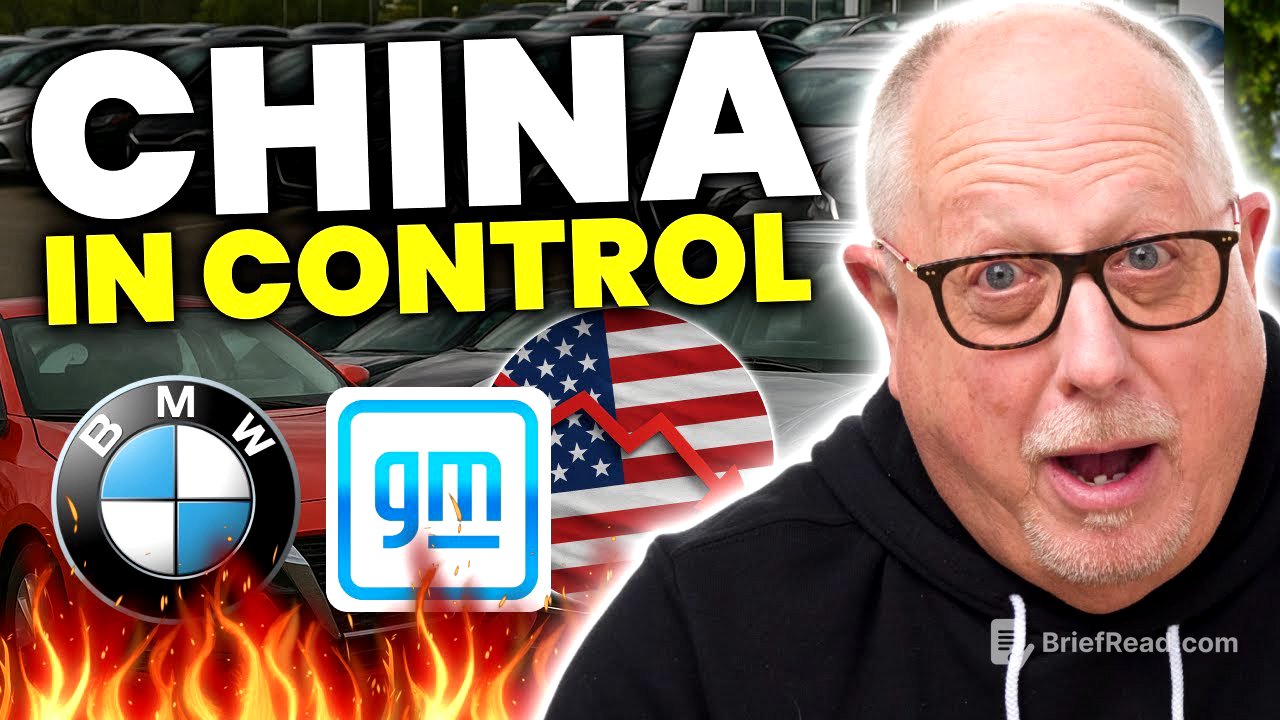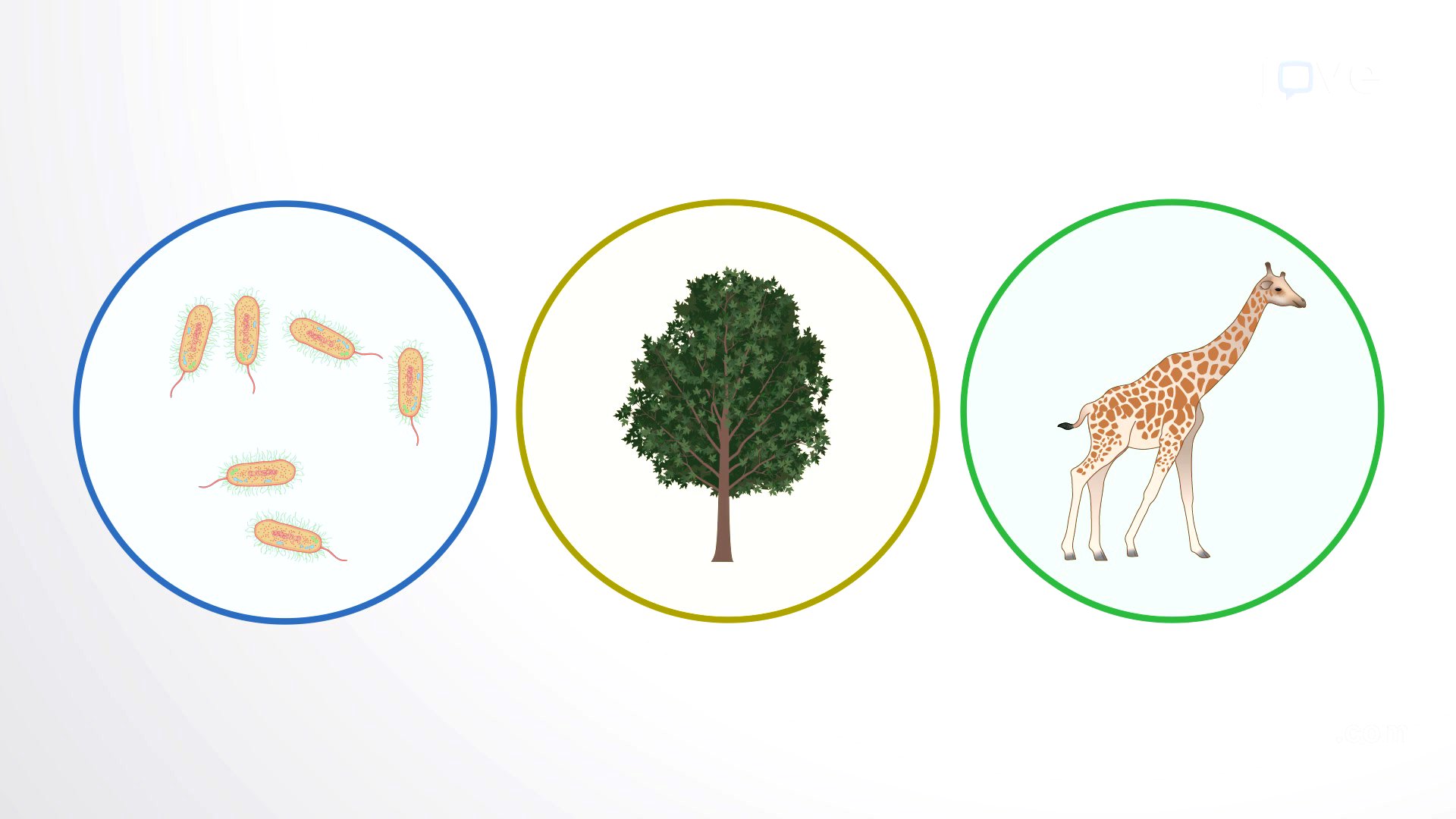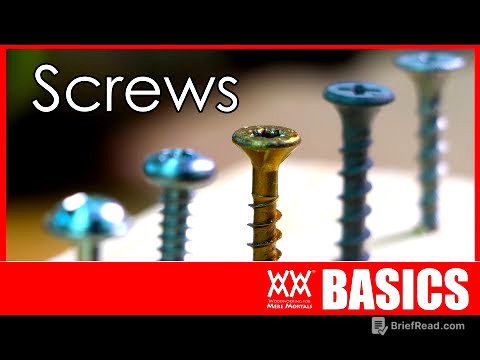TLDR;
This CarEdge Live episode discusses critical issues impacting the automotive industry, including a rare earth element shortage, a significant drop in vehicle shipping volumes due to tariffs, and a major auto parts supplier considering bankruptcy. These factors are expected to drive car prices up and potentially reshape the industry through consolidation and reduced model choices.
- Rare earth element shortage could halt production and raise prices.
- Vehicle shipping volume has dropped 72% due to tariffs.
- A major parts supplier for Nissan and Stalantis is considering bankruptcy.
Introduction [0:00]
Ray and Zack introduce the show from Ventner City, New Jersey, and Mikos, Greece, respectively. They highlight that the show is brought to you by caredge.com. Zack mentions potential Wi-Fi issues and defers to Ray for the bulk of the speaking.
Rare Earth Elements Crisis [1:05]
The automotive industry is facing a crisis due to a bottleneck in the supply of rare earth elements, which are essential for manufacturing electronic devices, computers, cell phones, EV motors, and combustion engine motors. China produces 90% of the world's rare earth elements needed for rare earth magnets, giving them significant control over the supply. This shortage could be more significant than the microchip shortage, impacting suppliers, manufacturers, and global trade. Some automakers like General Motors and BMW are working on motors with low to zero rare earth content, but scaling production has been challenging. The EU has launched initiatives to boost European rare earth sources, but progress is slow.
Tariff Impacts and Vehicle Shipping Volume Drop [11:06]
Maritime shipping volume of automobiles to the United States has declined by 72.3% in May compared to the previous year. This drop is attributed to tariff impacts, leading to a supply-side issue with fewer imported vehicles, primarily from Japan. While manufacturers may shift production to the United States, Mexico, or Canada, on-hand inventory will still be affected. Declining inventory could reduce manufacturer incentives and create a fear of missing out among consumers, potentially driving prices up and leading to longer loan terms.
Automotive Supplier Bankruptcy and Industry Consolidation [21:04]
Marelli, a major parts supplier for Nissan and Stalantis, is considering filing for Chapter 11 bankruptcy in the US. Marelli was formed from the merger of two financially troubled part suppliers. This situation could lead to interruptions and price increases for Nissan and Stalantis. Former Stalantis CEO Carlos Tiveres predicts more mergers and consolidation in the auto industry, potentially resulting in fewer choices for consumers. The trend of consolidation may extend to automakers, with some manufacturers potentially reducing their model offerings to focus on core, profitable markets.
Global Impact and Manufacturer Strategies [25:09]
Nine supplying factories in the EU have recently closed, indicating a global issue. The automotive marketplace is interconnected, with impacts in Europe, China, and the United States affecting each other. Manufacturers may need to reduce the number of models they offer, focusing on primary markets and profitable vehicles. Niche vehicle manufacturers may emerge to fill the gaps left by major manufacturers. The United States, being a wealthy country, offers more vehicle choices than necessary, and manufacturers could learn to cater to consumer needs with fewer options.
CarEdge Resources and Market Insights [30:45]
The hosts promote CarEdge resources, including dealer invoice pricing, car buying services, and auto insurance quotes. They address comments from viewers, noting that while wholesale prices for used cars have declined, prices for certain segments of high-quality used cars may be increasing. The potential shortage of new vehicles due to the rare earth element crisis could drive used car prices up again. CarEdge offers a resource for verified car deals where users can see what others paid for specific models and trims.
Dealer Markups and Unnecessary Add-ons [35:53]
The hosts criticize dealerships for adding unnecessary fees and add-ons, such as spray-in bed liners on vehicles without beds and maintenance programs for EVs that include free oil changes. They highlight a Jeep Grand Cherokee with a spray-in bedliner add-on for $799, along with other fees like tint, nitro fill, Lux Care, and doc fees, significantly increasing the vehicle's price. The hosts emphasize that such practices damage the reputation of dealerships and question the ethics of these business decisions.
California Doc Fees and Consumer Affordability [42:16]
The California Senate is considering a bill that would increase the dealer doc fee from $85 to a maximum of $500, or 1% of the vehicle's value. This increase would allow dealers to make an extra $415 per vehicle sold, with no added benefit to the customer. The hosts argue that doc fees exist due to information asymmetry and are a way for dealerships to preserve profits. They also note that manufacturers are increasing destination charges, adding to the overall cost of vehicles.
Deal of the Day and Community Recognition [46:28]
The hosts highlight a deal of the day: a $7,000 discount off MSRP on a 2025 Hyundai Palisade calligraphy secured through CarEdge concierge for a deaf customer. Zack shares a story about being recognized by a viewer in Mikos, Greece, who thanked him for the YouTube videos. The hosts express gratitude for the support from their community and emphasize the global reach of their content.
Future of the Auto Industry and CarEdge's Role [49:48]
The hosts discuss the future of the auto industry, noting that an interesting company named Toma raised $17 million to build AI agents for car dealers. They emphasize CarEdge's commitment to serving consumers and providing tools to navigate the car buying process. The hosts encourage viewers to support CarEdge by sharing videos, subscribing to the channel, and checking out the website. Zack shares photos from his run in Greece, highlighting the hilly terrain. The hosts announce they will be back tomorrow and express gratitude to their viewers.








